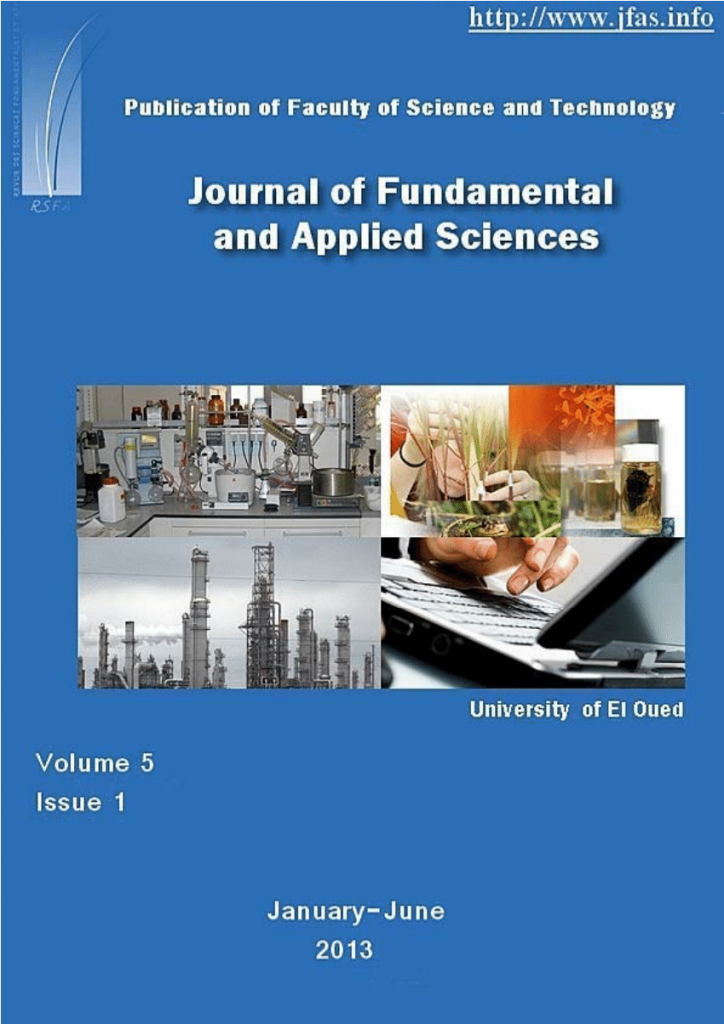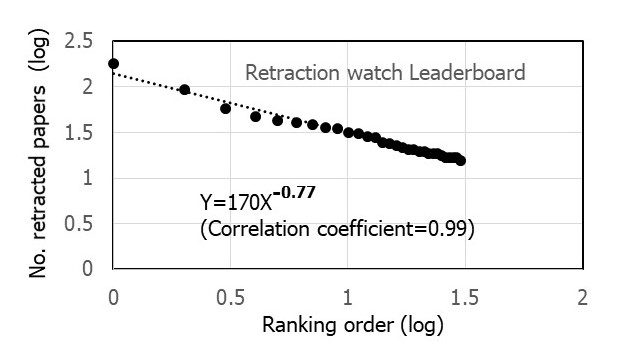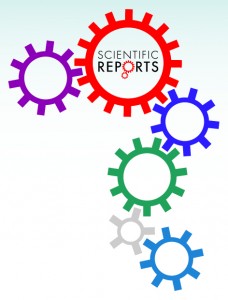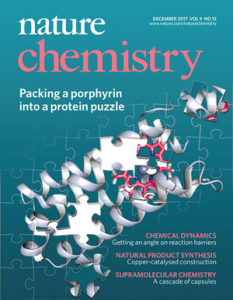Will Scientific Error Checkers Become As Ubiquitous As Spell-Checkers?
How common are calculation errors in the scientific literature? And can they be caught by an algorithm?

Send us a link
How common are calculation errors in the scientific literature? And can they be caught by an algorithm?

Ladies and gentlemen, we appear to have a new record. The Journal of Fundamental and Applied Sciences (JFAS) recently retracted 434 articles from three issues of their journal. Yes, 434, giving it …

Even after a paper’s retracted, it will continue to be cited - often by researchers who don’t realize the findings are problematic.
Retraction Watch retraction database, being built with the support of the MacArthur and Arnold Foundations.
A new service called "Journals Mafia" appears to act as an intermediary between authors and journals - accepting articles, formatting and fixing the language, and submitting it to the journal. Since the authors pay to publish the articles, the company shares the profits with journals that publish the paper.

Over the past few years, Nature has published editorials extolling the virtues of replication, concluding in one that “We welcome, and will be glad to help disseminate, results that explore the validity of key publications, including our own.” Mante Nieuwland, of the Max Planck Institute for Psycholinguistics, and colleagues were encouraged by that message and submitted one such replication attempt to Nature Neuroscience. In a three-part guest post, Nieuwland will describe what happened when they did and discusses whether reality lives up to the rhetoric.

More than two thousand researchers have signed a petition to boycott a new Nature journal over the fact it will be available only by subscription.

When someone has to retract a paper for misconduct, what are the odds they will do it again? And how can we use that information to stop repeat offenders?

Following a massive editorial protest, Scientific Reports is admitting its handling of a disputed paper was "insufficient and inadequate," and has agreed to retract it.

The Journal Dashboards allow journals to see what people are saying about the papers they published, and allows readers to know which journals are particularly responsive to community feedback.
A Nobel Laureate has retracted a 2016 paper in Nature Chemistry that explored the origins of life on earth, after discovering the main conclusions were not correct.

A researcher specializing in post-traumatic stress disorder is facing jail time for allegedly embezzling tens of thousands of dollars of federal grant money.

Retraction Watch interviews Irene Hames.

This week, we received a press release that caught our attention: A company is releasing software it claims will write manuscripts using researchers’ data.
More than a dozen members of the editorial board at Scientific Reports have resigned after the journal decided not to retract a 2016 paper that a researcher claims plagiarized his work. As of this morning, 19 people — mostly researchers based at Johns Hopkins — had stepped down from the board.

Q&A with the author of a new book on reproducibility.

How to prevent, diagnose, and treat the five diseases of academic publishing.

There is a growing trend of authors purchasing a spot on the author list of papers-for-sale – and the better the journal, the higher the price.
John Ioannidis suggests that the number of systematic reviews and meta-analyses in literature have each increased by more than 2500% since 1991.

Authors of systematic review articles sometimes overlook misconduct and conflicts of interest present in the research they are analyzing, according to a recent study published in BMJ Open.
Ever wish you could just publish an exciting result, without having to wait for the entire string of data that follows in order to tell an entire story, which then gets held up for months by peer review at traditional journals?

Academic publishers argue they add value to manuscripts by coordinating the peer-review process and editing manuscripts — but a new preliminary study suggests otherwise.

The former director of the National Institute of General Medical Sciences at the U.S. National Institutes of Health has a new job. On July 1st, biochemist Jeremy Berg will take the helm as the editor-in-chief of Science.

John Ioannidis is perhaps best known for a 2005 paper “Why Most Published Research Findings Are False.” One of the most highly cited researchers in the world, Ioannidis, a professor at Stanford, has built a career in the field of meta-research.

After correcting a paper due to problematic figure panels, researchers led by Olivier Voinnet have now retracted it.
Springer is pulling another 64 articles from 10 journals after finding evidence of faked peer reviews, bringing the total number of retractions from the phenomenon north of 230.
Another domino has fallen in a chain of retractions for Robert Weinberg, the man who discovered the first tumor-causing gene in humans.

Who has the most retractions? Here's the Retraction Watch list.
The Cell paper has been cited 150 times, according to Web of Science, while the Nature paper has been cited 40. The Nature paper has not yet been retracted.
